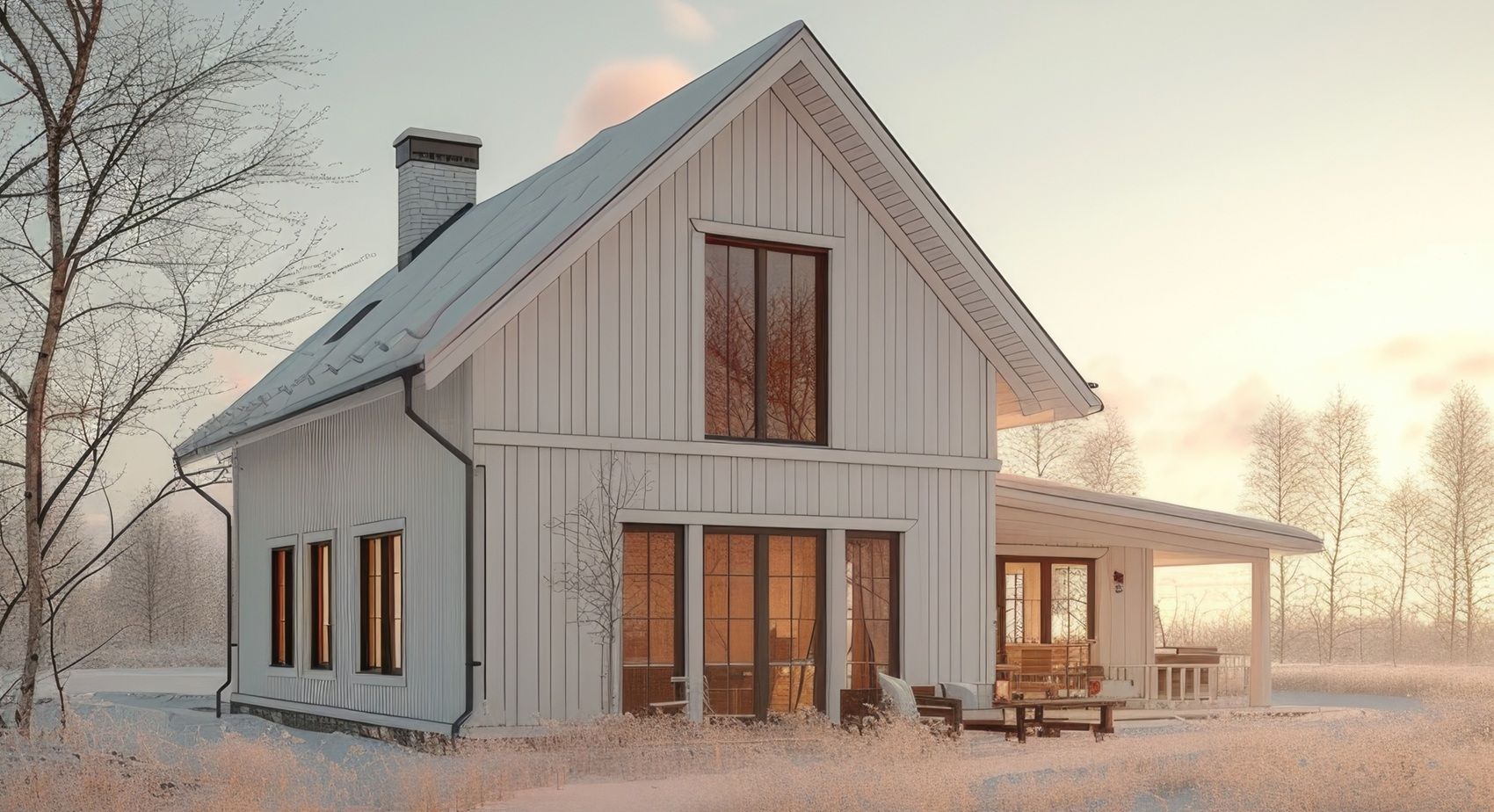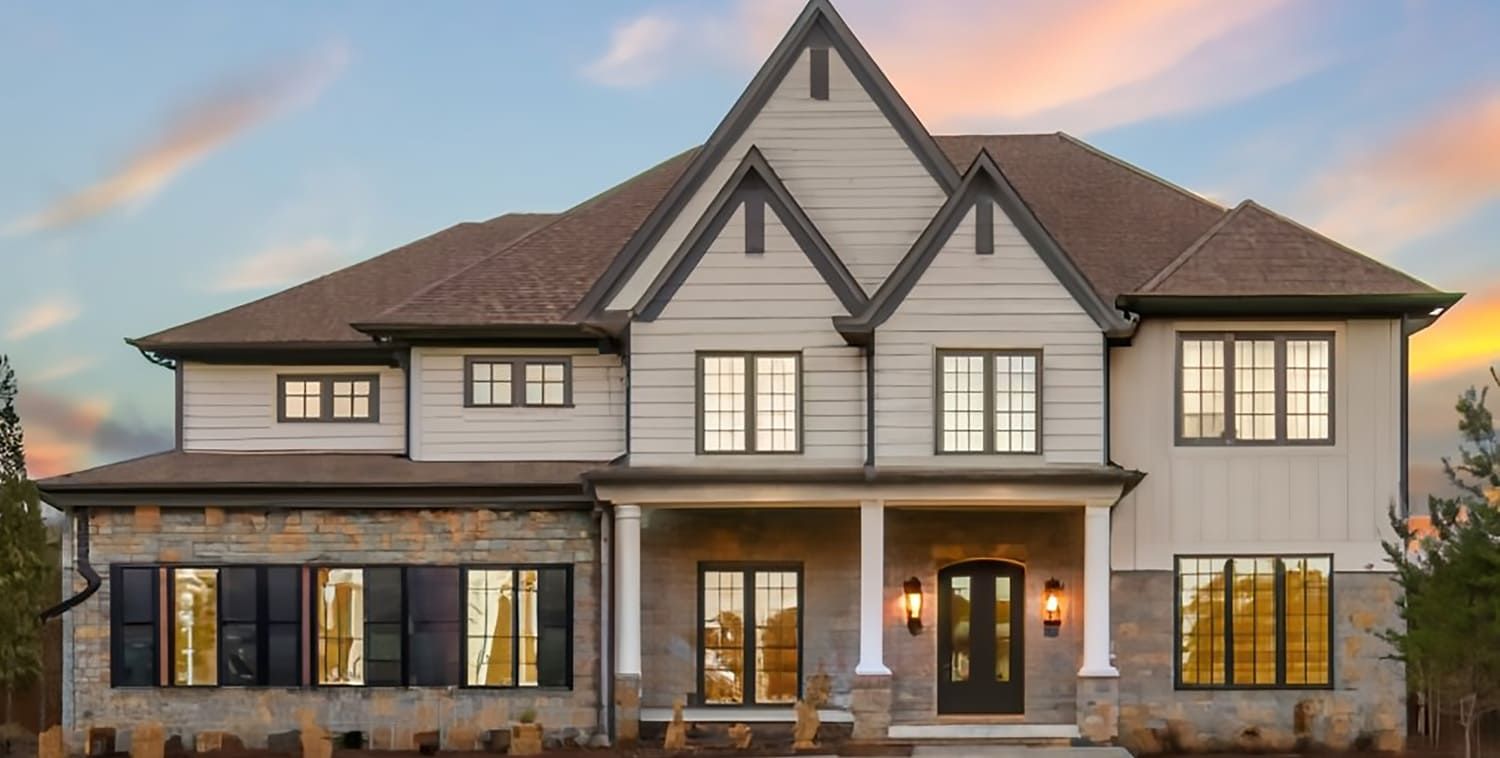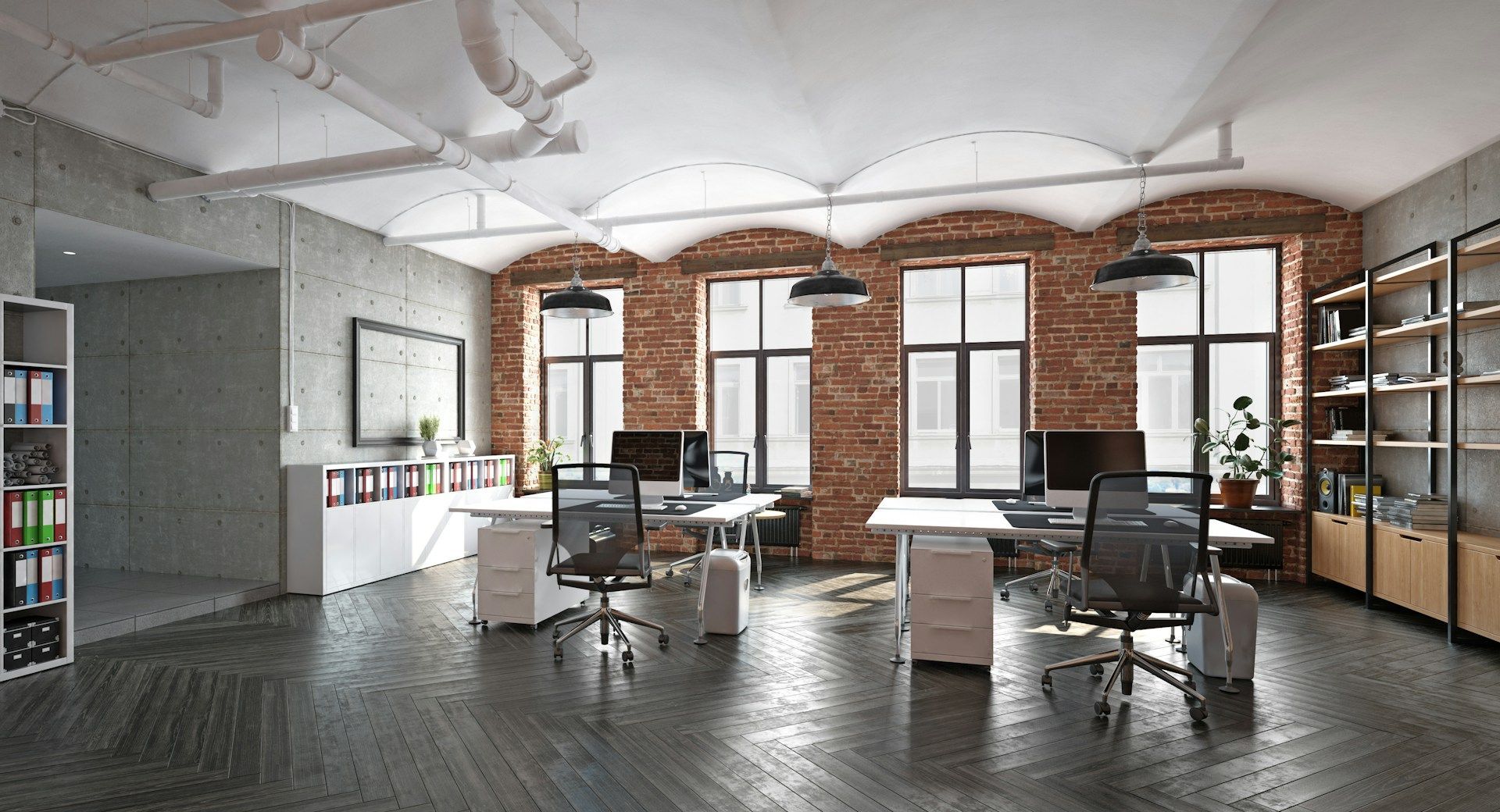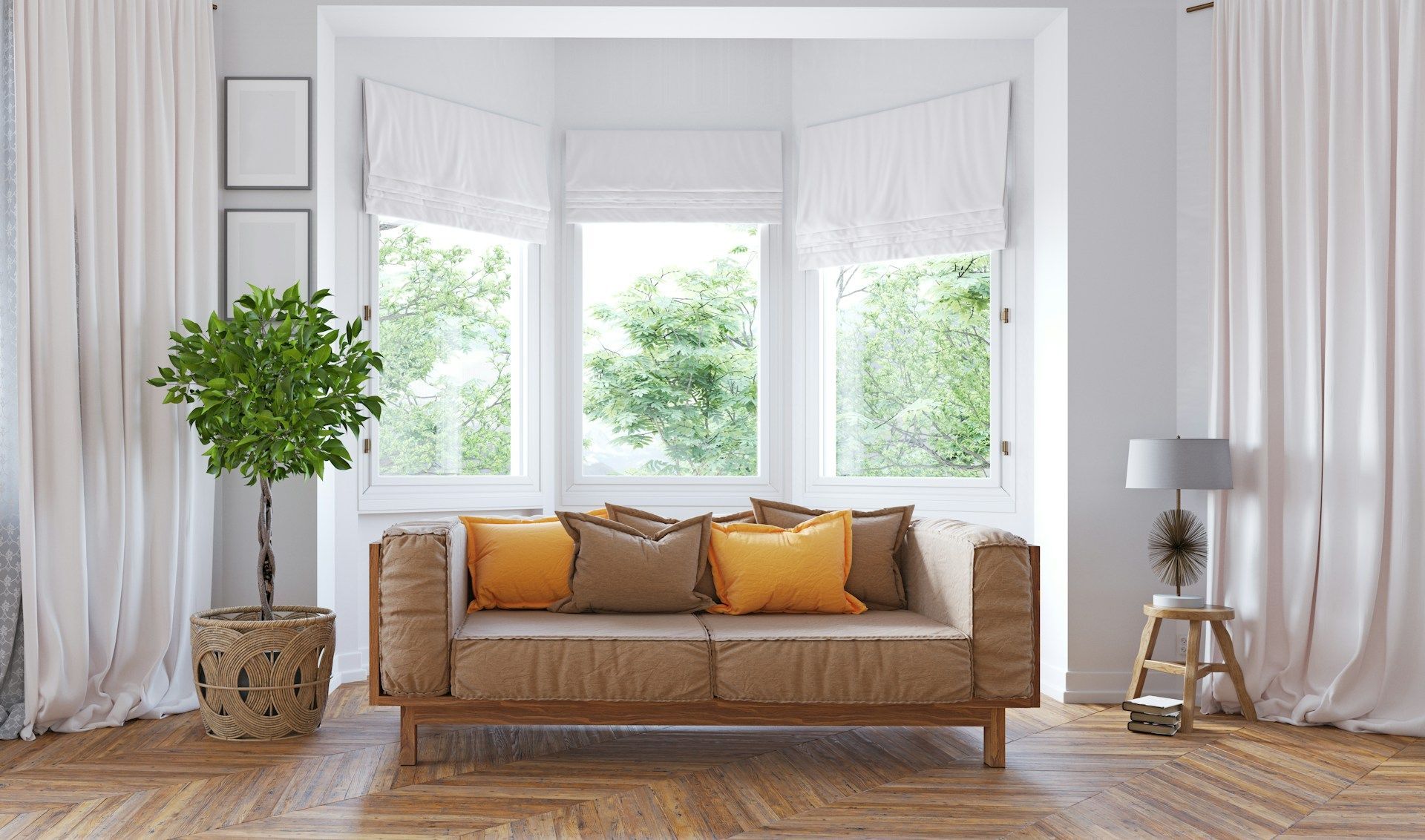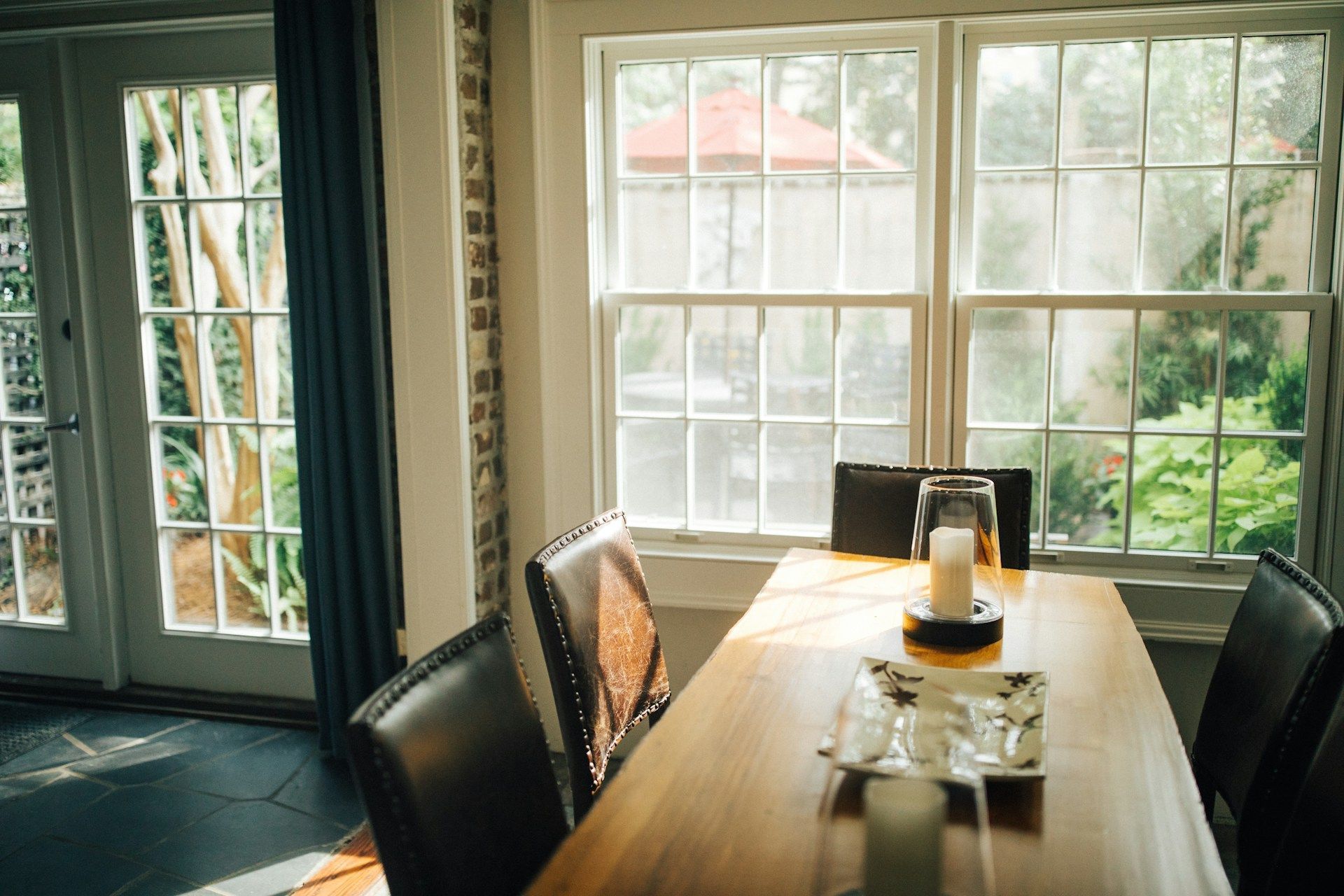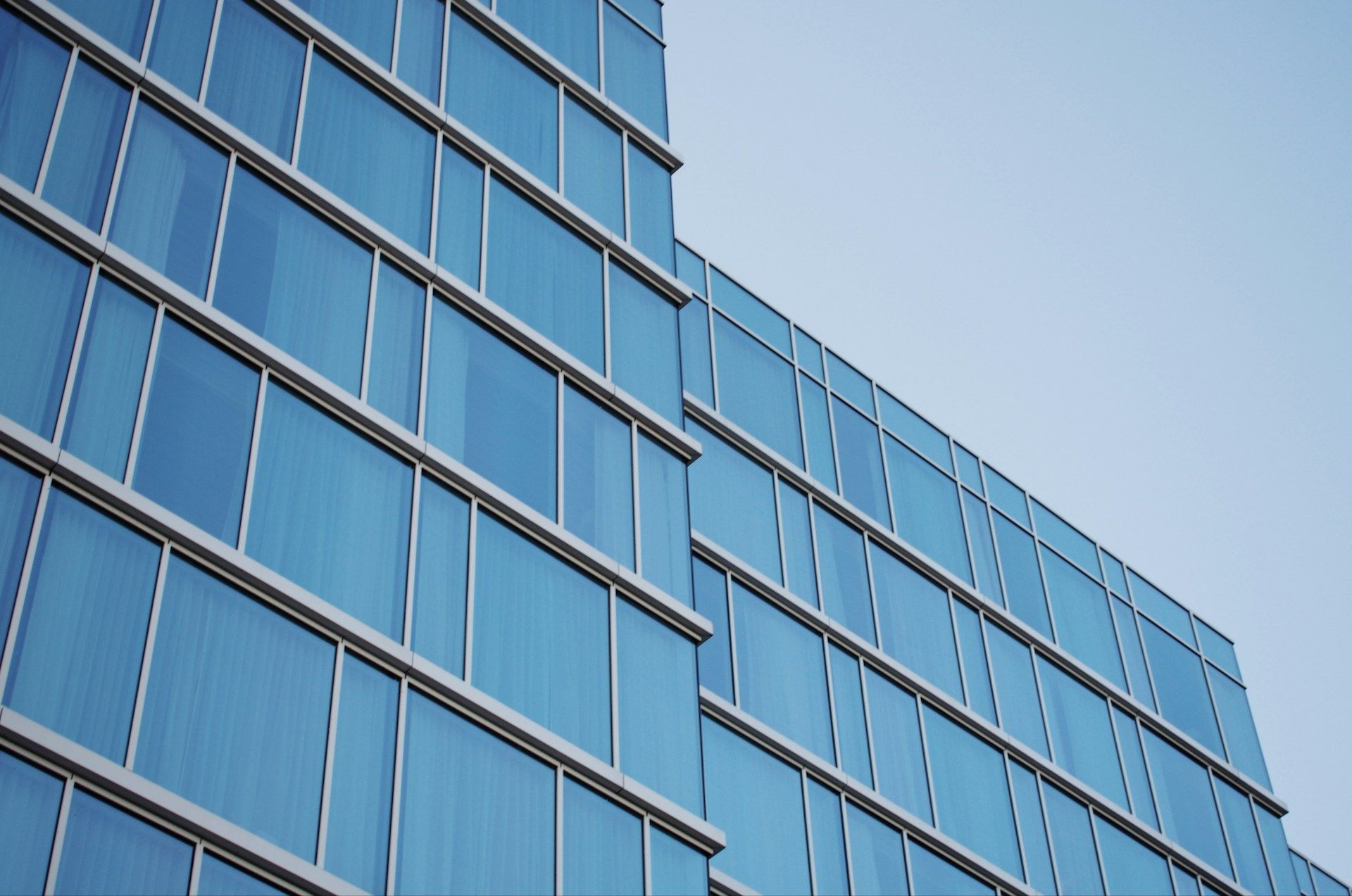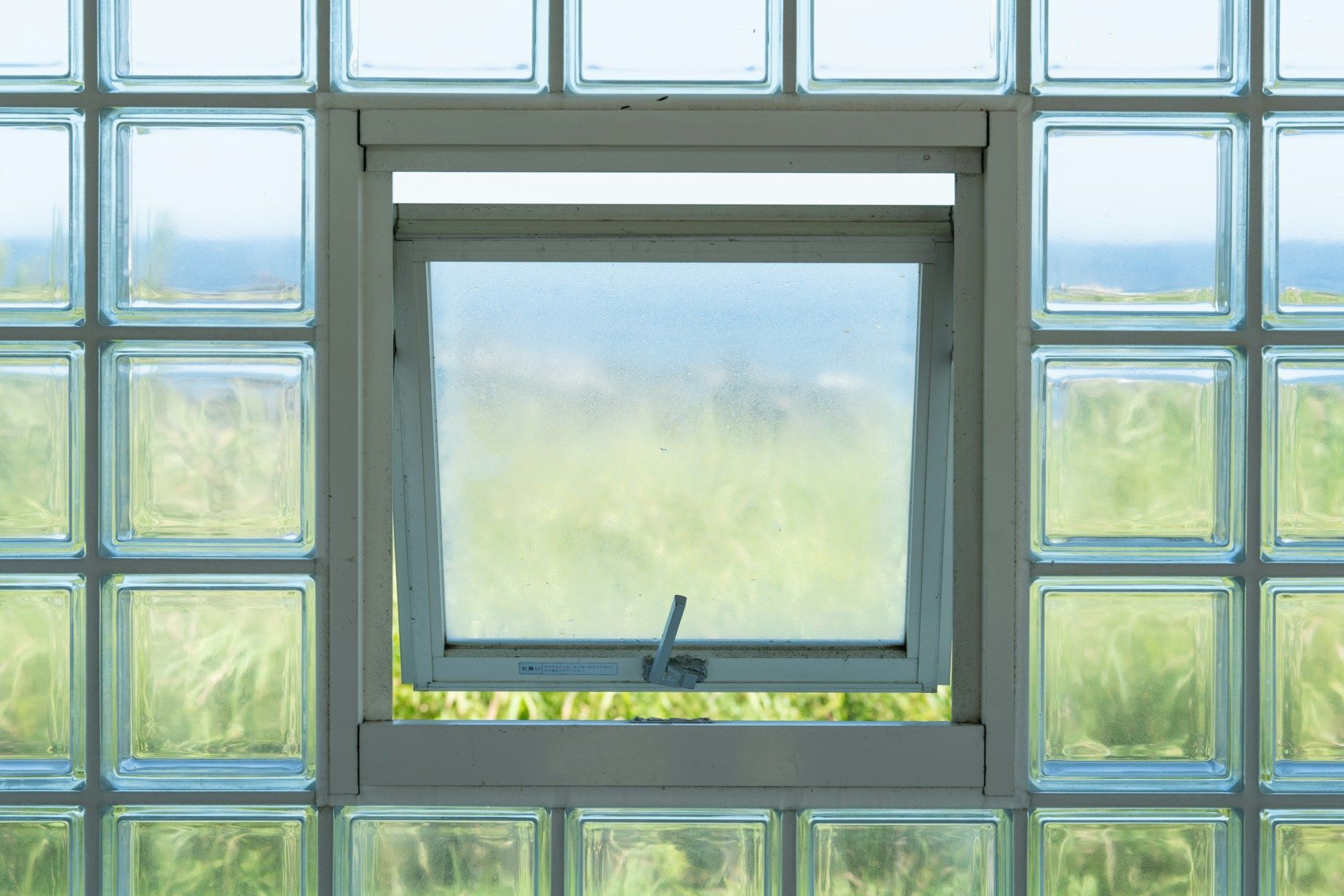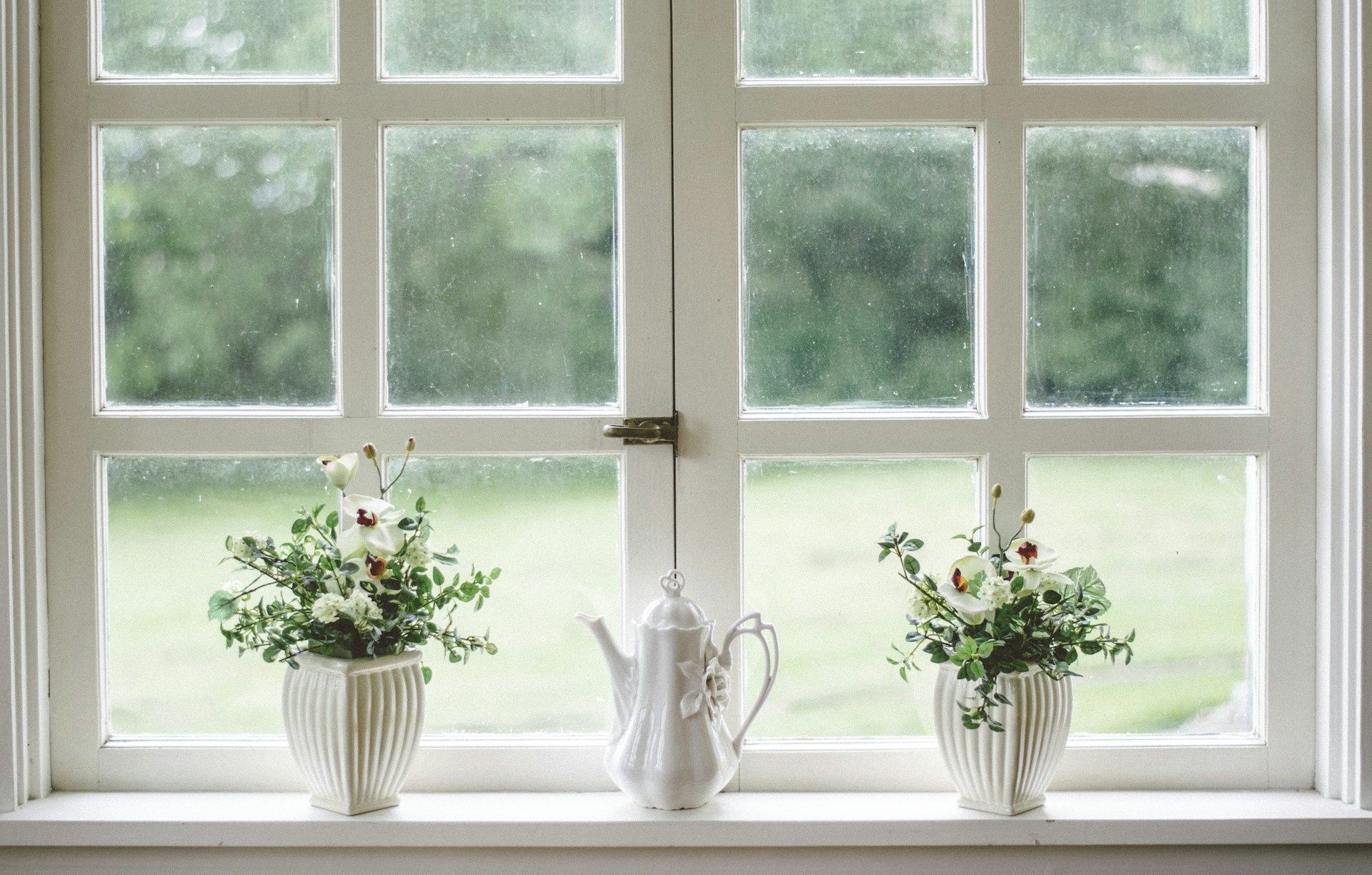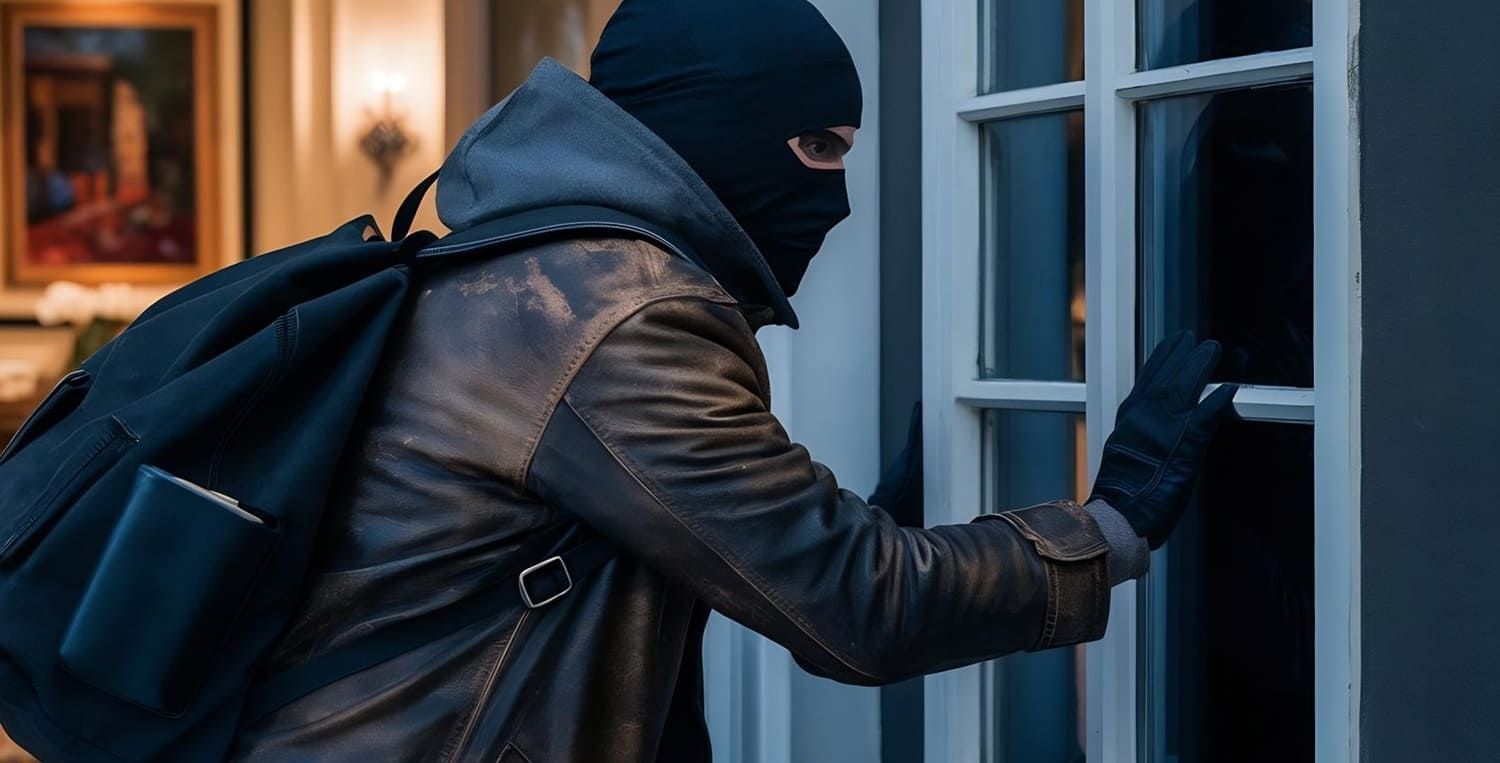Top Questions About Home Window Tinting
Home window tinting is gaining popularity for its ability to enhance privacy, improve energy efficiency, and protect interiors from harmful UV rays. As more homeowners consider this option, questions naturally arise. Below, we address some of the most common inquiries about residential window tinting, offering insights that may help you decide if this solution is right for your home.

What is Home Window Tinting?
Home window tinting involves applying a thin film to the interior or exterior of glass windows. This film can vary in color, thickness, and material, offering different benefits such as reducing glare, blocking UV rays, and adding a layer of security. The film is typically made from polyester and is coated with different materials depending on the desired properties, such as metal or ceramic particles for heat rejection.
Beyond basic functionality, window tinting can also enhance the aesthetic appeal of your home. The films come in a variety of shades and patterns, allowing you to customize the look of your windows to complement your home’s design. Additionally, window tinting can serve as a proactive measure to increase the longevity of your windows, protecting them from scratches and external damage.
Types of Window Film
- Solar Control Films: Designed to reduce heat, glare, and UV radiation, solar control films are ideal for homes in sunny climates. They help maintain a comfortable indoor environment by reflecting a significant portion of solar energy, which can be a game-changer for energy savings during hot months.
- Security Films: These are thicker films that hold glass together, preventing shattering. This type of film is particularly beneficial for homes in areas prone to storms or for homeowners concerned about break-ins, as it adds an extra layer of security to your property.
- Decorative Films: Used for aesthetic purposes, offering patterns or frosted appearances. Decorative films can transform ordinary glass into works of art, providing an elegant solution for enhancing privacy in areas like bathrooms or entryway doors without sacrificing style.
- Privacy Films: Provide enhanced privacy without blocking light. These films are an excellent choice for urban homes or ground-level rooms, allowing natural light to penetrate while preventing outsiders from easily seeing inside. They are available in varying opacities and colors to suit different privacy needs.
Why Should I Tint My Home Windows?
Tinting your windows offers several advantages. Let's explore some of the primary benefits, which include improved energy efficiency, UV protection, and enhanced privacy, as well as some less obvious perks.
Energy Efficiency
By reducing the amount of heat entering your home, window tinting can significantly cut down on air conditioning costs. Solar control films are particularly effective in maintaining comfortable indoor temperatures, as they reflect a large portion of solar heat. This not only translates to savings on your energy bills but also reduces your home's carbon footprint, making it a more environmentally friendly choice.
Moreover, by stabilizing indoor temperatures, window tinting can help decrease the strain on your HVAC system, potentially extending its lifespan. During colder months, certain films can also help retain heat, providing year-round energy benefits. This dual functionality makes window tinting an investment that pays off in both summer and winter.
UV Protection
Harmful UV rays can cause furniture, carpets, and artwork to fade over time. Window films block up to 99% of UV radiation, preserving your interiors and reducing the risk of skin-related health issues. This is especially important for homes with large windows or those in sunny locations, where UV exposure can be significant.
In addition to protecting your belongings, UV-blocking films can contribute to a healthier indoor environment. By minimizing UV penetration, they help reduce the risk of skin damage for inhabitants, which is a vital consideration for families with children or anyone with sensitivity to sunlight.
Enhanced Privacy
Tinted windows allow you to enjoy natural light without compromising on privacy. You can see outside, but those outside have limited visibility into your home. This is particularly beneficial for homes in densely populated areas or those with windows facing the street, where privacy might otherwise be a concern.
Besides the obvious privacy benefits, window tinting can also create a more comfortable living environment by reducing glare on screens and monitors. This can enhance your home office setup or simply improve the quality of relaxation time spent in front of the TV or computer.
How Long Does Home Window Tint Last?
The lifespan of window tint depends on several factors, including the quality of the film, exposure to sunlight, and proper maintenance. Most high-quality films last between 10 to 15 years. However, advancements in film technology and materials can extend this lifespan even further, especially when the film is well-maintained and installed by professionals.
Factors Affecting Durability
- Quality of Installation: Professional installation ensures the film adheres properly, reducing the risk of peeling or bubbling. A certified installer can also provide a warranty, which can offer peace of mind and protection against defects or early degradation.
- Climate: Homes in areas with extreme weather conditions may experience faster degradation of window films. Frequent temperature fluctuations or high levels of humidity can affect the adhesive properties of the film. Choosing a film designed for your specific climate can mitigate these effects.
- Maintenance: Proper cleaning and care can extend the life of your window tint. Avoid using harsh chemicals or abrasive materials, and instead opt for a mild soap solution and a soft cloth to keep the film in pristine condition. Regular maintenance ensures that the film remains effective and visually appealing for years.
Is Window Tinting a DIY Project?
While DIY window tinting kits are available, professional installation is recommended for the best results. Professionals have the tools and experience to ensure a flawless application, minimizing the risk of air bubbles and uneven tinting. Attempting a DIY installation may seem cost-effective initially, but the potential for mistakes can lead to additional expenses if the film needs to be replaced or repaired.
DIY vs. Professional Installation
- Cost: DIY kits are cheaper but may not offer the same durability or finish as professional installations. The upfront savings can be enticing, but it's important to weigh these against the potential for reduced lifespan and aesthetic quality.
- Skill Level: Installing window film requires precision and patience. Mistakes can be costly and difficult to correct. Professional installers not only bring expertise to the table but also have access to high-quality materials and tools that are not typically available in DIY kits. They can also provide valuable advice on film selection and maintenance.
How is Window Film Applied?
The application process involves cleaning the windows thoroughly, cutting the film to size, and applying it using a soapy water solution to prevent air bubbles. The film is then squeegeed to remove any excess water and ensure a smooth finish. This meticulous process requires a steady hand and attention to detail to achieve a professional look.
Steps Involved
- Preparation: Clean the window surface to remove any dirt or debris. This step is crucial to ensure that the film adheres properly and doesn't trap particles that can cause bubbles or imperfections.
- Cutting the Film: Measure and cut the film slightly larger than the window. This allows for adjustments and ensures full coverage. A precision cutter or sharp utility knife is essential for this task.
- Application: Use a solution to help position the film and eliminate bubbles. The solution acts as a lubricant, allowing the film to be repositioned easily until it's perfectly aligned.
- Trimming and Finishing: Trim excess film and smooth out any imperfections. A squeegee is typically used to remove any remaining air or water bubbles, ensuring a seamless application. This final step is critical for achieving a clean, professional appearance.
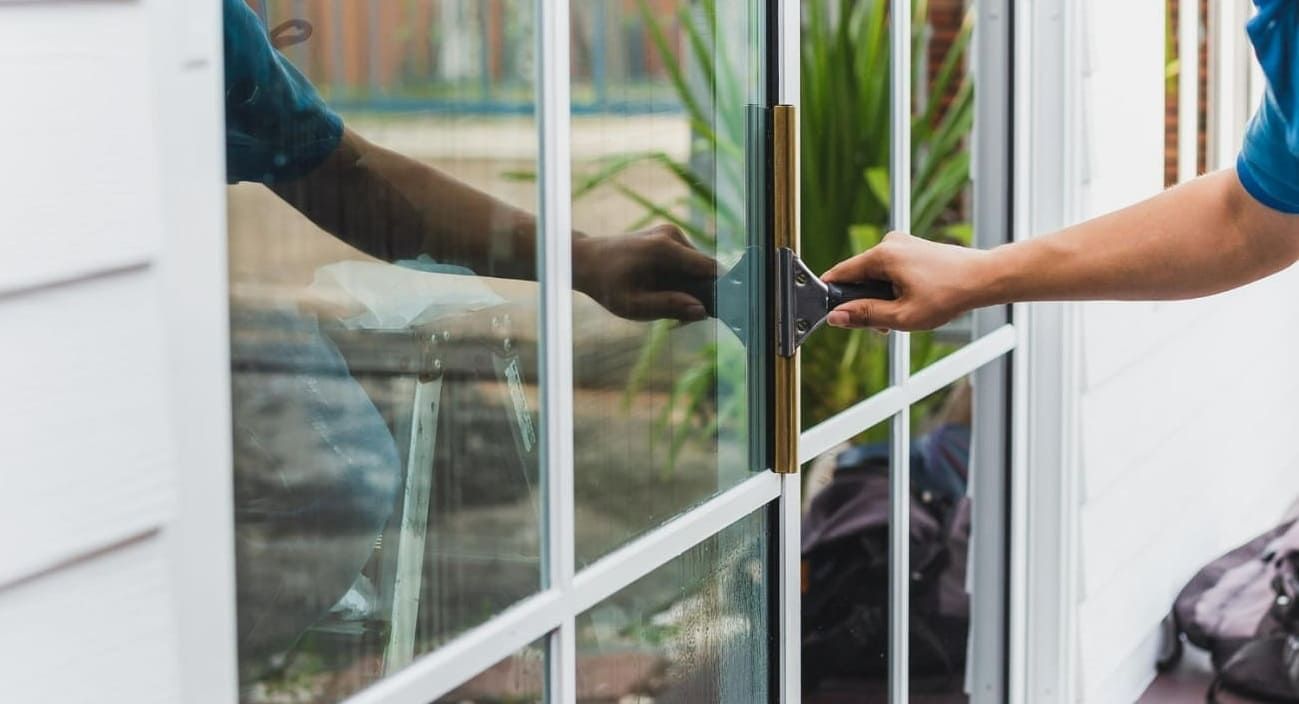
Does Window Tint Affect Natural Light?
While window tinting reduces glare and heat, it doesn't necessarily darken your home. Many films are designed to maintain clarity and allow natural light to enter while still offering UV protection and privacy. This balance is achieved through advanced film technology that selectively filters light, maximizing the benefits without sacrificing brightness.
Choosing the Right Tint
Consider the level of darkness and reflectivity that suits your needs. Lighter tints may be preferred for living areas, where maintaining an open, airy feel is important, while darker films offer more privacy for bedrooms and bathrooms. Reflective films can provide additional privacy by creating a mirror-like effect on the exterior, which is useful for ground-level windows or urban settings.
When selecting a tint, it's also important to consider factors such as color neutrality and the potential impact on your home's curb appeal. Consulting with a professional can help you navigate these options to find the perfect balance for your unique requirements.
Can Window Tint Be Removed?
Yes, window tint can be removed. However, the process can be labor-intensive and may require professional assistance, especially if the film has been in place for several years. Attempting to remove it yourself can be challenging, as old adhesive can be stubborn and difficult to clean completely.
Removal Process
- Peeling: Use a razor blade or knife to lift a corner of the film and peel it off slowly. Patience is key here, as rushing can lead to tearing and additional cleanup.
- Adhesive Removal: Any remaining adhesive can be cleaned with a solution designed for this purpose. Specialized adhesive removers or a mixture of soap and water can be effective, but care must be taken to avoid damaging the glass surface.
- Professional Help: For stubborn films or large areas, hiring a professional can ensure a clean removal without damaging the glass. Professionals have access to industrial-strength removers and tools that make the process faster and more efficient, reducing the risk of scratches or other damage.
Are There Any Downsides to Window Tinting?
While window tinting offers numerous benefits, there are some considerations to keep in mind. Understanding these potential downsides can help you make a more informed decision and ensure that window tinting aligns with your expectations and lifestyle.
Potential Drawbacks
- Initial Cost: High-quality films and professional installation can be costly upfront. However, this investment often pays off in the form of energy savings and increased property value, offsetting the initial expenditure over time.
- Aesthetic Change: Some homeowners may not like the altered appearance of their windows. The tint can change the color or reflectivity of the glass, which might not suit everyone's taste. It's important to review samples and consider how the tint will look both from the inside and outside of your home.
- Regulations: Be aware of local regulations regarding window tinting, as some areas have restrictions on the level of tint allowed. These laws are in place to ensure safety and visibility, so it's crucial to check with local authorities or a professional installer to ensure compliance.
Conclusion
Home window tinting can be a valuable investment, enhancing comfort, privacy, and energy efficiency in your home. By understanding the different types of films available and considering professional installation, you can make an informed decision that meets your needs.
Whether you're looking to lower your energy bills, protect your furnishings, or simply enjoy a bit more privacy, window tinting could be the perfect solution for your home. With the right film and installation, you can enjoy the benefits of window tinting for many years to come, creating a more comfortable and aesthetically pleasing living environment.
Get a free estimate from Surface Dynamics Window Tinting—your trusted and premier LLumar SelectPro Dealer serving Southern New Hampshire and the Greater Boston Area.


